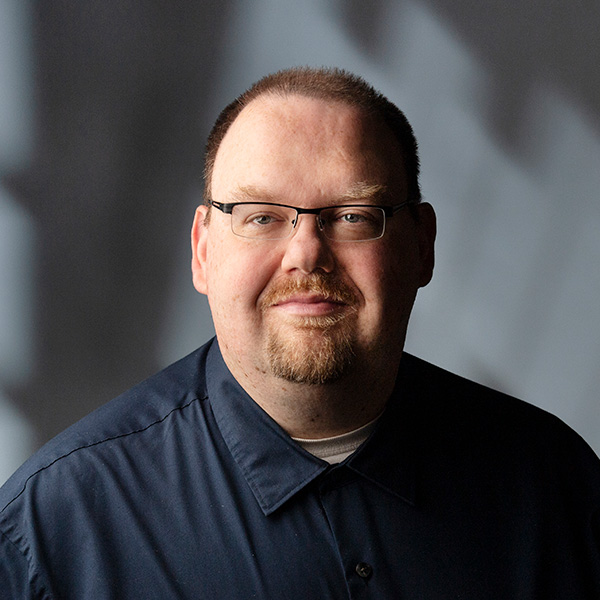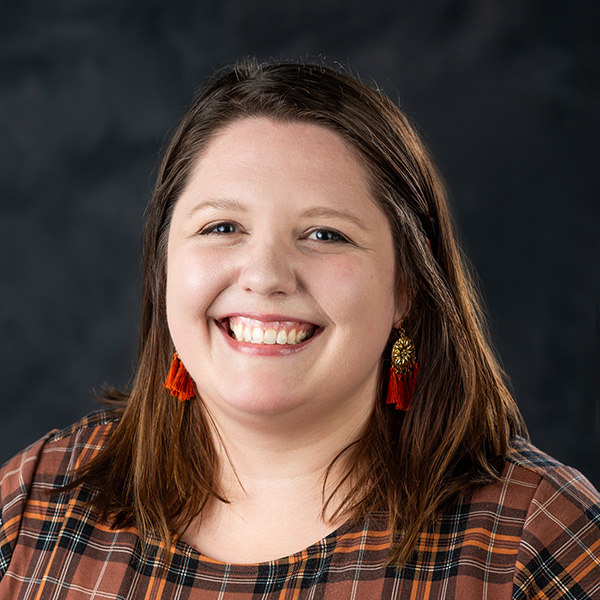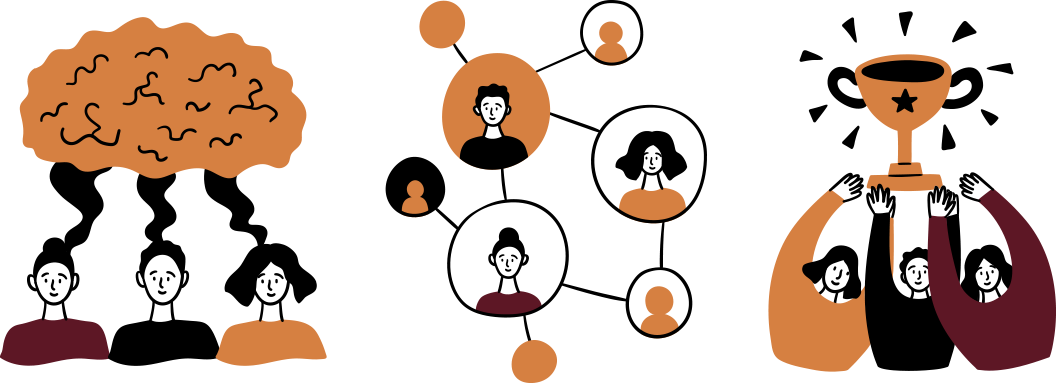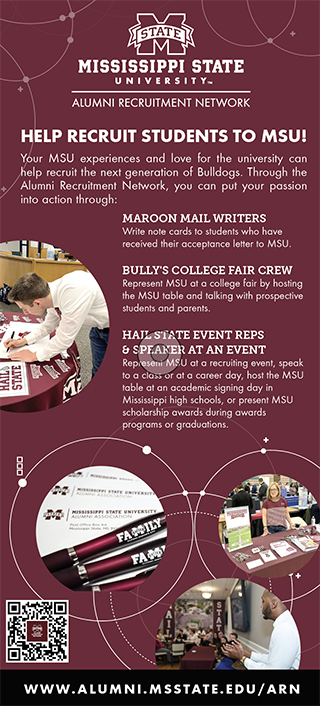On a cruise ship in the middle of the Caribbean, at a table in the ship’s piano bar, Michael Nadorff found himself furiously writing an emergency grant proposal for the Mississippi Department of Health.
Not everyone would take a break from their vacation to seek funding to increase mental health services in the state, but for the Mississippi State psychology professor, the opportunity to positively impact Mississippi’s youth was too good to pass up.
The proposal: a multiyear project aimed at helping emerging adults take their next steps into independence.

“Our team has gotten the reputation of being able to pull things together quickly and being interested in projects like this, so I of course said yes,” Nadorff said. “It is a valuable program, and it was worth giving up some of my vacation to ensure that it was something that we could bring to the state.”
In the end, Nadorff’s vacation sacrifice earned a $3.75 million federal grant to support the Mississippi State-led project “Healthy Transitions Mississippi.” Funded by the Substance Abuse and Mental Health Services Administration Center of the Department of Health and Human Services, the project seeks to reengage 16-25 year olds who are not pursuing education or active in the workforce.
“Between 16 and 25 years of age we have some major life transitions, including graduating from high school and becoming an adult in the eyes of society,” Nadorff said. “While most will transition successfully into work or school, many do not. We want to find ways to help those individuals in that transition.
“Our project is designed to focus on mental health challenges that interfere with that transition, and getting care to those who need it so they can successfully complete the move into the workforce or college,” he added.

Through partnerships with the T.K. Martin Center and the MSU Behavioral Health Clinic, Nadorff said the team hopes to target the underlying mental health issues that prevent some high school and college students from successfully taking their next steps. The team has identified depression, suicidality and anxiety, among others, as some of the most prominent mental health needs.

The program also looks to connect families with Mary Nelson Robertson, an MSU assistant professor in human development and family science. Her work in psychoeducation helps people understand issues from a clinical point of view to more easily grapple with their conditions and address the family dynamics that might contribute to failure to launch—an informal term for emerging adults who have not successfully become independent adults.
Mary S. Grace, manager of the MSU Behavioral Health Clinic, who serves as director of the project, said it’s gratifying to work with this age group and watch them take steps toward personal growth.
“It is so rewarding to work with young adults as they are going through the huge task of not only identifying who they currently are but also doing the difficult work of figuring out who they want to be and how to work toward that,” she explained.
She said troubles with this arise when an individual becomes disconnected. With no sense of purpose or desire to take the next step, these lost youths can become nearly impossible to reach. Grace said the problems become compounded by the fact that, even if an individual can be reached, mental health can be a hard subject to tackle. However, situations like this are what the MSU team embraces.

“When a disconnection initially occurs, it can bring depression, anxiety and loneliness on top of the stressors that might have initially triggered it. Often, they feel like they don’t belong anywhere,” Grace said. “You lose a lot of connection to community and potentially a sense of purpose. It can be a cruel cycle of adding on more stressors when it feels like you’re already fighting Goliath. It’s crucial to offer assistance as soon as we can.”
Nadorff said that he sees this work providing a win-win outcome for not only MSU, but the entire state of Mississippi.
“We can help youth through a challenging transition to help them figure out their next step and hopefully plug into a situation where they can truly make a difference,” Nadorff said. “In addition, we help employers in the state recruit youth who have so much to give, which not only builds the workforce but keeps those young people in the state.”

However, Nadorff said it’s more than just a program to strengthen Mississippi. He said he hopes this project allows emerging adults to reengage with their passions and work toward things they find important.
“I selfishly hope that we can recruit many of those we work with to MSU. I know that won’t be the path for everyone, but I am excited to help each youth find their path and start them on a track they are excited about and that will get them where they are hoping to be,” he said.
Nadorff said Mississippi State’s connections across the state will help facilitate paths other than higher education, like workforce placement or community engagement work. He said he believes part of what made this proposal so enticing to the funding agency was the myriad of relationships MSU has fostered with community colleges and employers across the state, which may make helping young adults finding their way, easier.
Nadorff explained that this project hits the heart of what Mississippi State is and its role in supporting the state and its people.
“I think service to the people of Mississippi is an under-appreciated part of MSU’s mission,” he said. “Of course, education is our first priority, but we have some of the brightest people in the world on this campus, and with us being a land-grant university, if we are not also serving our community and state we are missing the boat.”
By Callie Simonton










